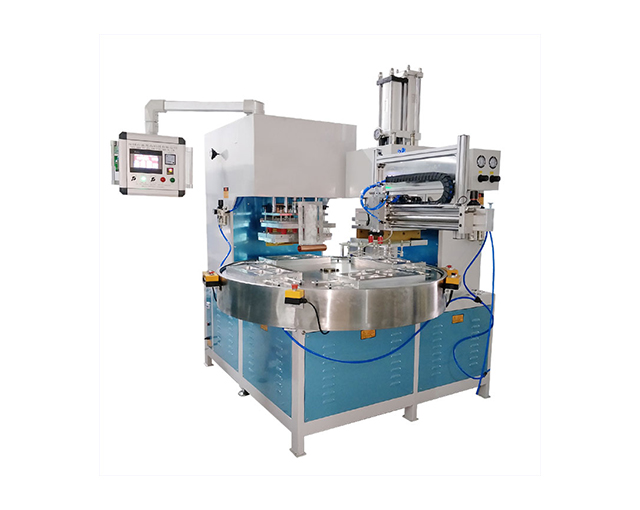Time:2025-08-28 Views:1 source:News

The Embossing Machine is a versatile industrial device that creates raised or recessed patterns, textures, or designs on various materials by applying heat and pressure—transforming plain surfaces into visually appealing, tactile products. Its application fields span multiple industries, driven by the demand for enhanced aesthetics, brand differentiation, and functional textures. Unlike basic printing or cutting tools, embossing machines add a 3D dimension to materials, making them critical for industries ranging from fashion and leather goods to packaging, paper products, and even automotive interiors.
In the packaging industry, embossing machines are used to elevate product branding and premium 感 (premium feel). For luxury goods (e.g., perfume boxes, wine bottle labels), they create raised logos, patterns, or foil-stamped designs on cardboard, paperboard, or plastic packaging—making the product stand out on store shelves. Flexible packaging (e.g., snack bags, cosmetic pouches) uses embossing to add grip textures (preventing slipping) or airtight seals (via embossed heat-seal lines). In the paper industry, they produce textured stationery (e.g., wedding invitations, business cards) with embossed borders or monograms, as well as decorative paper for scrapbooking or bookbinding.
The automotive industry relies on embossing machines for interior components. Vinyl or leatherette surfaces (seat covers, door panels, dashboard trims) are embossed with patterns (e.g., carbon fiber, stitching imitations) to enhance comfort and visual appeal. Rubber materials (floor mats, steering wheel covers) use embossing to add anti-slip textures, improving safety. Even automotive filters (air, oil filters) use embossed paper or fabric to increase surface area for better filtration.
In the textile industry (beyond clothing), embossing machines process fabrics like cotton, polyester, and velvet for home textiles (curtains, bed linens, upholstery). Embossed patterns (floral, geometric) add depth to these products, making them suitable for high-end home decor. The foam and rubber industry uses embossing to create functional products: foam mats (yoga mats, floor tiles) with embossed grip patterns, rubber gaskets with textured surfaces for better sealing, and even medical products (orthopedic pads) with cushioned embossed layers for comfort.
The leather goods industry (a major user) uses embossing to customize leather and faux leather items—handbags, wallets, belts—with brand logos, textures (e.g., crocodile, ostrich skin imitations), or unique designs. Additionally, the electronics industry employs embossing for device casings (plastic or silicone) to add grip or decorative patterns, while the medical industry uses it for sterile packaging (embossed labels for easy identification) and flexible medical tapes (textured surfaces for better adhesion).
Across all fields, embossing machines offer customization—with adjustable heat (50-200°C), pressure (10-100 kg/cm²), and pattern plates (customizable to brand needs)—ensuring they adapt to diverse material and design requirements. Whether enhancing a luxury box, a car seat, or a yoga mat, the Embossing Machine adds both aesthetic and functional value—making it a staple in modern manufacturing.
Read recommendations:
Plastic / Metal snap button riveting machine
Ultrasonic Metal Wire Harness Welding Machine
Application range of embossing roller
PVC embossing machine.Introduction to New Ultrasonic Embossing Machine
Complete control over products allows us to ensure our customers receive the best qualityprices and service. We take great pride in everything that we do in our factory.
